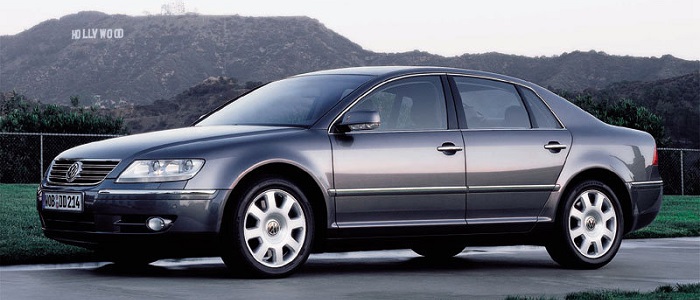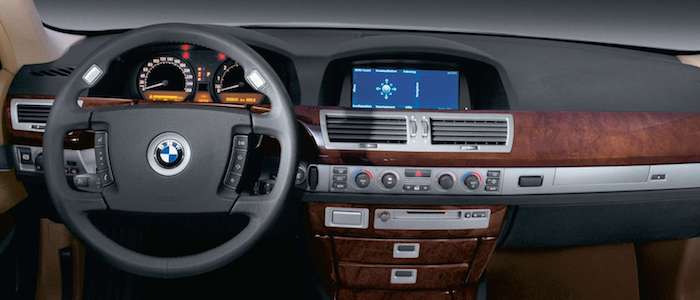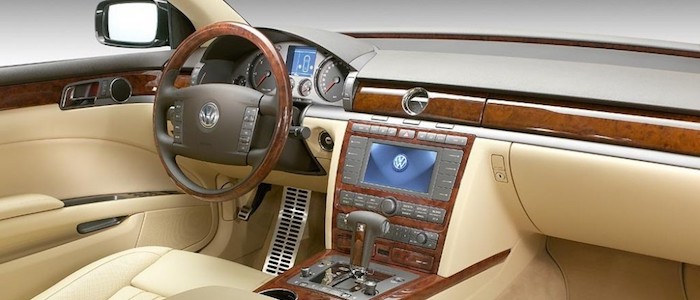Compare two cars
Compare any two cars and get our Virtual Adviser™ opinion
Marketing
Dimensons & Outlines
Engine
Performance (manual gearbox)
Performance (automatic gearbox)
Expenses
Virtual Adviser's™ opinion
Two significantly similar cars, no doubt about that. Still, each one has something different to offer. Having both cars powered by petrol engines and utilizing the 4-door sedan body style within the same 'Executive car' segment, the only major difference here really is their wheel drive configuration (rear for the BMW and front in the case of the Volkswagen). The first one has a BMW-engineered powertrain under the hood, a 6-cylinder, 24-valves 231hp unit, while the other one gets its power and torque from a 6-cylinder, 24-valves 241hp engine designed by Volkswagen.
SafetyUnfortunatelly, neither of the two vehicles was submitted to the European New Car Assessment Programme (Euro NCAP) testing. This makes it virtually impossible for me to pick one over the other and I'm generally against buying such cars as the safety should really always come first. Still, apart from the official crash test results there are other things we need to be aware of. Both vehicles belong to the executive car segment, which is generally a fortune safety-wise, still it doesn't help us solve our dilemma, does it? On the other hand, if we'd like to consider vehicle mass in this context too, which we definitely should, Phaeton offers a considerable difference of 10% more metal.
ReliabilityManufacturers have been building their reliability reputation for decades now and, generally speaking, it appears that Volkswagen does have a slight advantage, at least on all of the models level. These are the results of an independent reasearch, while our visitors describe reliability of BMW, as well as Volkswagen, with the same average rating of 4.2 out of 5. The same official information place 7 Series as average reliability-wise, and Phaeton is more or less at the same level.That apart, owners of different cars powered by the same engine as 7 Series rank it on average as 5.0, while the one under the competitor's bonnet gets 4.5 out of 5.
Performance & Fuel economyBMW is a bit more agile, reaching 100km/h in 0.3 seconds less than its competitor. Still, it lacks the power to win the top speed competition, topping at 237 kilometers per hour, 8km/h less than the other car. When it comes to fuel economy the winner has to be 7 Series, averaging around 10.6 liters of fuel per 100 kilometers (27 mpg), in combined cycle. We can't ignore that 8% difference compared to Phaeton.
Verdict
Volkswagen appears just a bit more reliable, although the difference is truly marginal. The most important thing when deciding between any two vehicles should always be safety, both passive and active. In my opinion, everything taken into account, Phaeton offers significantly better overall protection, taking the lead here. From there things take a different direction, with BMW offering somewhat better performance, just enough to call it quicker. To make things even better, it consumps less fuel! I believe that, when we take all into account, we have only one winner here - the BMW. In any case that's my personal view, built upon all the data available to me. What should decide here though is the way you feel about the two vehicles, and I hope you'll find my guidelines useful in the process. In case you have two minutes to spare I invite you to define your needs, desires and budget and see which car would be chosen by the virtual adviser™, out of 12.000+ vehicles we currently have in our database.































